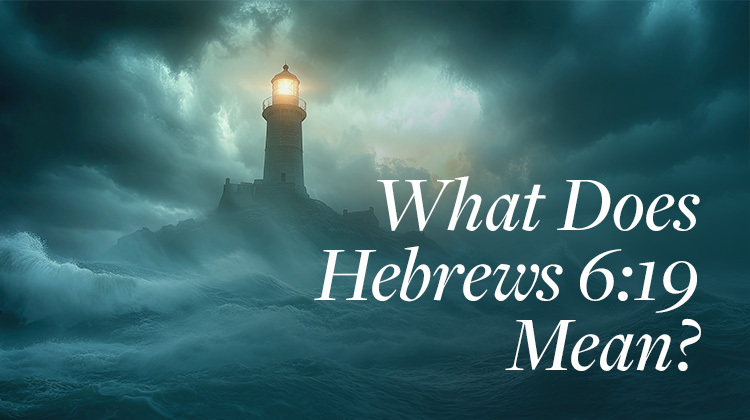[Full Article on The Ridley Institute White Papers, link below]
Introduction
To answer the question, ‘What is the purpose of government?’ provides some answers to the question, ‘What is the purpose of the Church?’ Indeed, in the Old Testament, the people of God were the state, the palace and the temple were interrelated, and the government was a theocracy. The prophetic notion of a kingdom of God emerged in criticism of the failures of both the palace and the temple, and its fulfillment in Jesus’ ministry produced the distinction of Church and state.
In this paper, I propose to explore three proposals for the purpose of government. They produce different lines of thought about the state and therefore the Church’s relationship to it, but they are not irreconcilable proposals. The paper is offered to inform readers of various suggestions within the three proposals, which are that government exists for
1. The Protection of Privacy: The role of government is to protect the freedoms of people in society.
2. Moral Formation: The role of government is to create a better society by making people live with good values.
3. Punitive Purposes: The role of government is to remove people in society who support bad values.
Scripture provides different views on the purpose of government, and yet it has a certain trajectory for how to understand the purpose of government as we move from the Old to the New Testament. To be sure, the Bible provides no warrant for a particular form of government. Yet it does provide certain perspectives on government in light of God’s reign over His creation and the role of His people in salvation history.
Relevance of the Study
This study is relevant in our times. The Western nations have moved away from a Christian basis for morals, justice, and society as a whole. At the same time, European nations have seen a major influx of Islamic migrants that challenge long-standing views on the Church and State relationship. Furthermore, the established state Churches in Europe and the United Kingdom (e.g., the Church of England) have, to a large extent, relinquished their definitive role in society by rejecting historic Christian teaching on faith and practice in many aspects. Both society and government continuously reject and even persecute Christians. Non-Western nations are pressured by Western nations to adopt secular forms of government and teach their emerging, post-Christian values. Many also have the challenge of the spread of Islam, sometimes by violence (e.g., Nigeria)....











 English (US) ·
English (US) ·